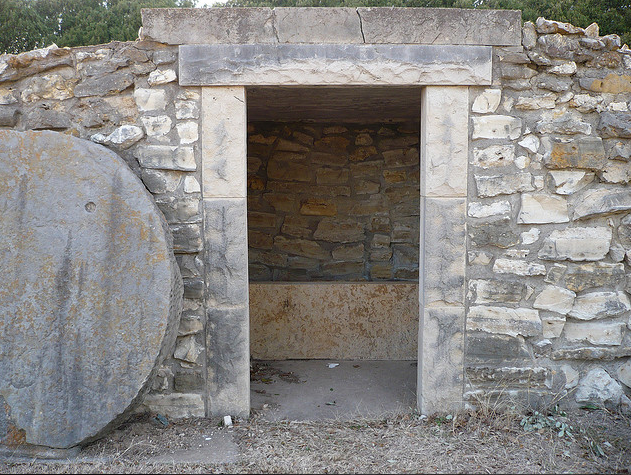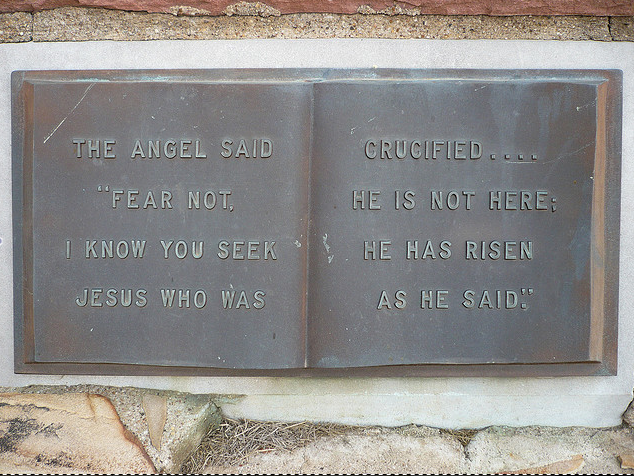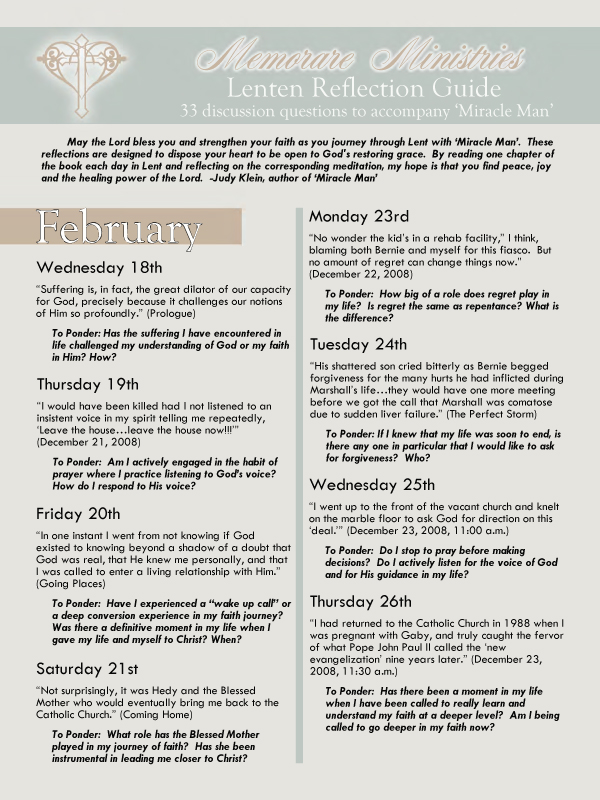 Mardi Gras week brings it all back.
Mardi Gras week brings it all back.
Memories of my mother sewing ten matching costumes for her gaggle of children to wear on Mardi Gras day. The pre-dawn fried chicken cooking sprees, where Mama prepared enough of the delectable bird to feed ten hungry children for a long day of parades. The bountiful bags of beads, sweet aroma of fresh swirled cotton candy, and marshmallow-laden hot chocolate on which we always managed to burn our mouths.
For many of us, Mardi Gras is replete with an avalanche of happy memories as we again kill the proverbial fatted calf and remember that as prodigals, it is a last day of feasting before our foreheads assume the black ashes of Lent and death.
Mardi Gras also evokes another remembrance for me: hearing the sound of revelers celebrating loudly in the streets as I stood over the bed of my dying husband, Bernie, eight years ago this week. As I simultaneously stared down death in the I.C.U. and listened to Carnival marching on, the paradox of life and death, celebration and fasting, lavishly living life in preparation for stripping, was all too clear.
For while it seemed a bit offensive that a massive party rolled on as my husband lay dying, there was a welcome infusion of comfort in knowing that Fat Tuesday’s grand party precedes Lent and Good Friday, and that the marking of those times ultimately gives way to the celebration of the God-man’s victory over death. In fact, there is probably no clearer juxtaposition of the themes of life and death in the liturgical calendar (aside from Good Friday and Easter Sunday), than Fat or “Shrove” Tuesday and Ash Wednesday.
Mardi Gras in New Orleans—and all Fat Tuesday celebrations around the world—are about just that: holding the tension in the reality that consuming robustly of the fat of the land is but a preparation for the words spoken over us the next day: Remember, O man, that you are dust, and unto dust you shall return (Genesis 3:19). And those sober words are the precursor to the Easter acclamation: Christ is risen from the dead, Alleluia! Life and death; death and life, all rolled into one reality that reminds us not only of our sinfulness and mortality, but of our exalted call to eternal life with Christ.
Eight years ago, Mardi Gras was for us the beginning of the culmination of a long season of stripping that took Bernie and me through three different hospitals over 87 excruciating days, as we simultaneously fought for life and prepared for death. On February 20, I followed an ambulance through bumper-to-bumper parade traffic at 10:00 o’clock at night to pursue one last ditch effort at a life-saving intervention for him. “No hope,” we were told after a thorough evaluation, and the process of letting go began in earnest. Life support was disconnected as parades rolled by, and our large, extended family began to make their way to the hospital to say goodbye.
All good things on this Earth must come to an end: every celebration, every Mardi Gras, every life. Our faith tells us that that there is a rhythm written into this existence, one that is connected by new beginnings and necessary endings, by rejoicing and grieving, by physical death and eternal life. Both elements are essential, and both must be kept bound together in all of their paradoxical glory for this world to make the least bit of sense. In fact, Mardi Gras without Ash Wednesday denigrates into an outrageous pagan ritual, just as Good Friday without Easter Sunday mutates into a meaningless absurdity.
Mardi Gras means both life and death to me. Lent is fast approaching, and indeed, we shall fast. But for now, we will celebrate the feast.
This post was previously published at Aleteia.








